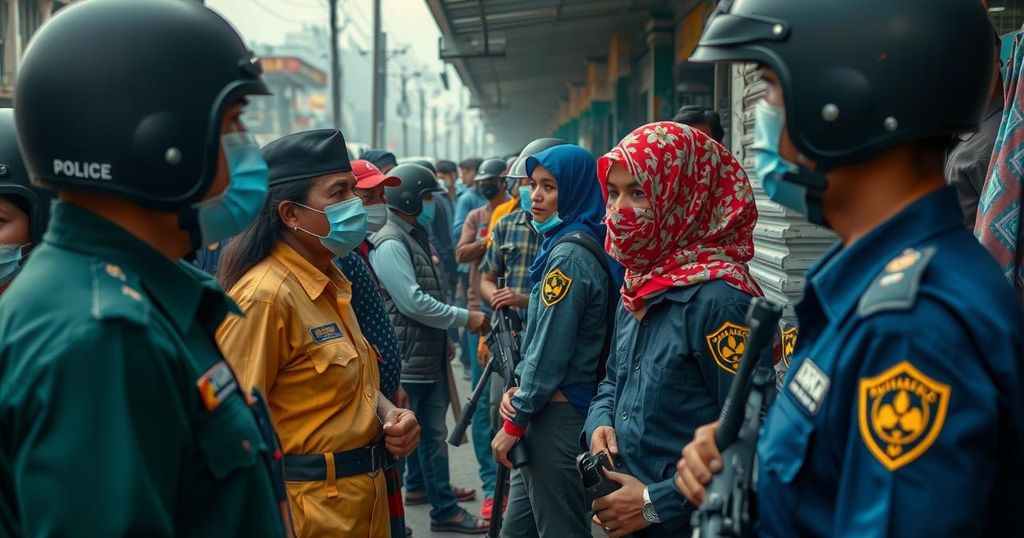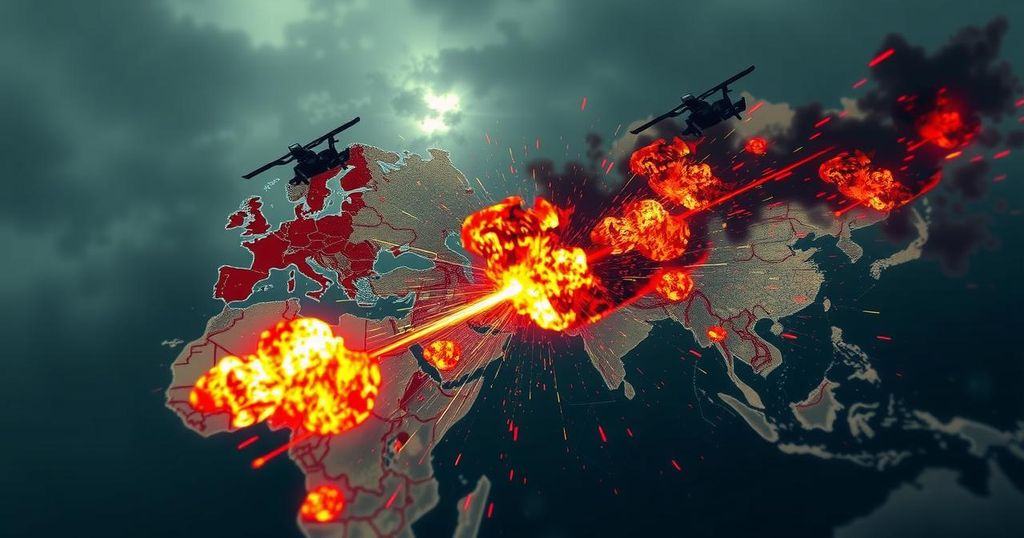Analyzing the Origins and Dynamics of Civil Wars
Civil wars arise from complex interactions such as political repression, ethnic exclusion, and international factors. Political deprivation, particularly in autocratic regimes and colonial contexts, drives groups toward violence. Ethnic diversity does not inherently lead to conflict; rather, exclusion and lack of inclusion provoke it. Additionally, crises and international influences can contribute to the onset and evolution of civil wars.
The causes of civil wars are multifaceted, encompassing political, social, and international dimensions. Political deprivation, particularly in the context of colonialism or authoritarian governance, often incites violence as groups strive for independence or seek broader political rights. Conflicts that erupted post-1945 illustrate how colonial powers could be overturned, inspiring movements in other regions. Ethnic diversity, contrary to prevailing beliefs, does not inherently precipitate conflict; rather, systematic exclusion or discrimination against certain ethnicities is a more critical factor. Inclusive institutions and autonomy rights can mitigate potential conflicts within ethnically diverse nations. Moreover, autocratic regimes can incite violent conflict as they suppress political participation and protests, prompting insurgencies, as witnessed during the apartheid in South Africa. Interestingly, political opportunity structures, influenced by state weakness or elite conflicts, can trigger civil wars at specific junctures. Previous research emphasizes the role of crises—economic or natural—as catalysts for mobilization against the government. The 1973 Nicaraguan earthquake is an example where widespread discontent fueled a long-standing rebellion. International aspects also significantly impact civil wars. Conflicts often extend beyond national borders, as ethnic groups may have transnational connections that facilitate cross-border insurgency support. Rebels may exploit the porous nature of borders, complicating governmental efforts to quell uprisings. Furthermore, civil wars are frequently interlinked with interstate conflicts, where deteriorating diplomatic relations can lead governments to back insurgent movements elsewhere, further entangling regional instability.
Civil wars are characterized by internal strife within a nation, often influenced by complex interactions between political, ethnic, and socio-economic factors. The post-World War II era saw a surge in independence movements primarily driven by colonial legacy and autocratic governance models. Political repression fuels grievances, often leading to violent uprisings, particularly in regimes that provide limited political rights or opportunities for dissent. Understanding these dynamics is crucial for analyzing the outbreak and development of civil conflicts, especially considering the role of external factors such as international support and regional instability.
In conclusion, the emergence of civil wars is intricately tied to political deprivation, ethnic tensions, and international influences. The assertion that ethnic diversity alone breeds conflict is misleading; it is the exclusion and discrimination against particular groups that heighten risks of violence. Political opportunity structures also play a significant role, while external factors, including the interconnectedness of regional conflicts, can exacerbate domestic issues. A comprehensive understanding of these elements is essential for both historical analysis and prospective conflict resolution efforts.
Original Source: www.britannica.com








Post Comment